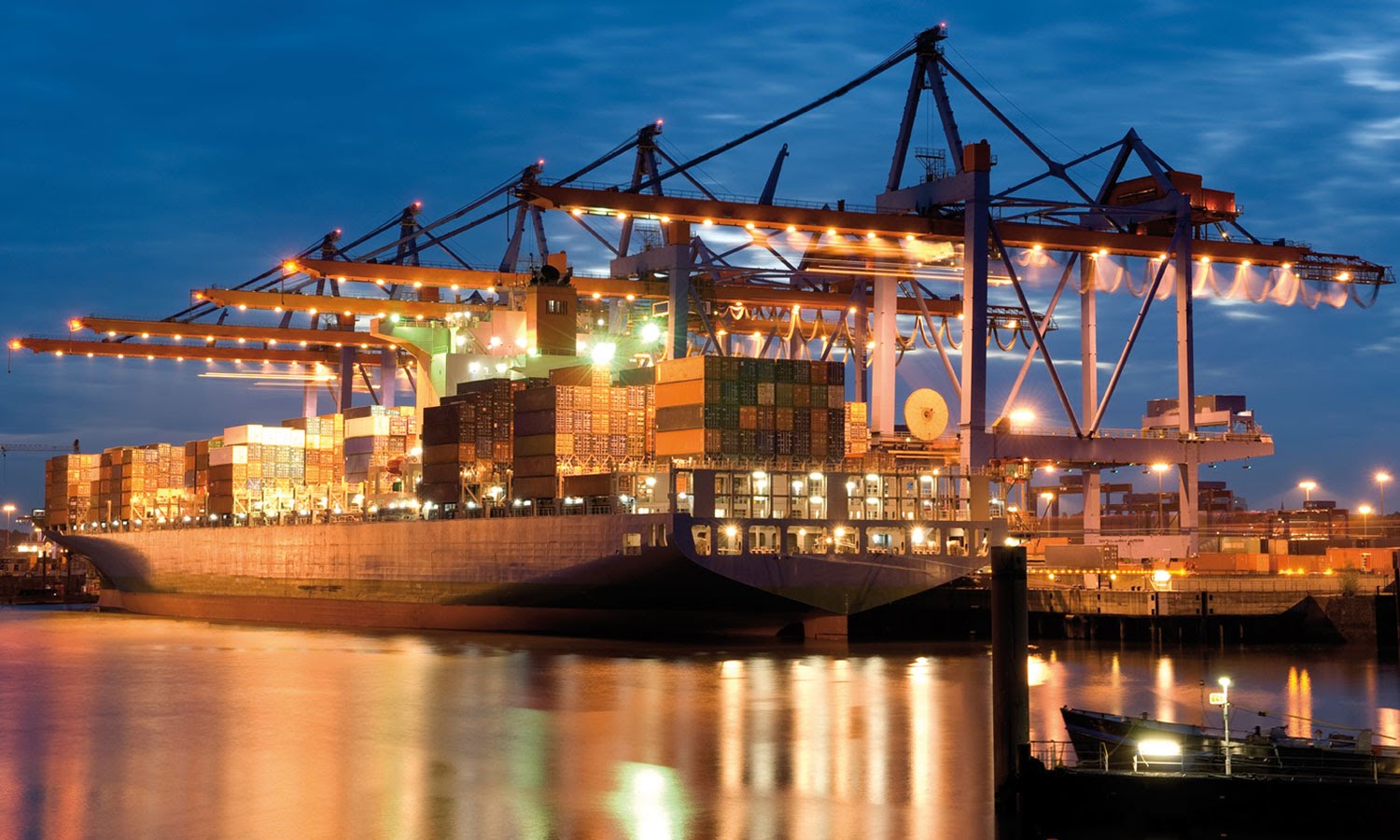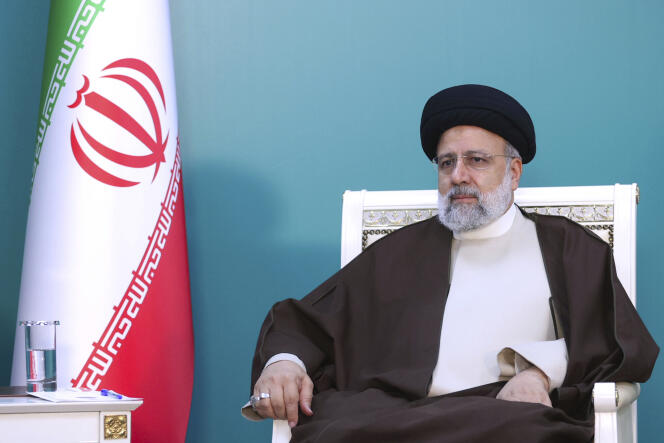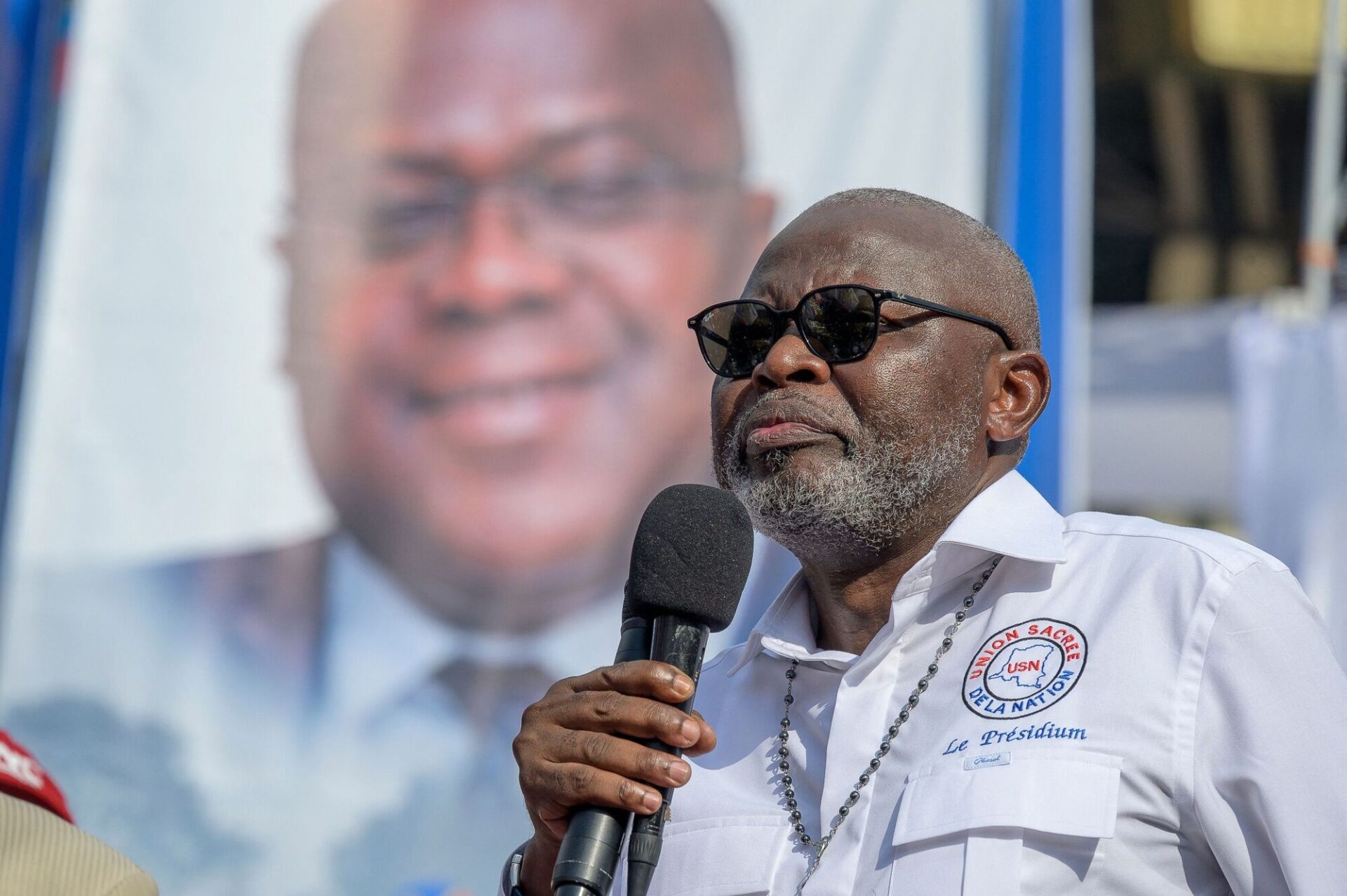- Terminal Operators in a Fix over FG Insistence on Dollar Payment
Concessionaires in the nation’s seaports are in a fix over the Federal Government insistence that they should pay their outstanding dues and levies in the United States of America (USA) dollars.
The concessionaires took over the day-to-day running of the nation’s seaports following the conclusion of the port reforms during Chief Olusegun Obasanjo’s administration. The exercise which was supervised by the Bureau for Public Enterprises (BPE) divested the management of Nigerian Ports Authority (NPA) from cargo handling.
Impeccable sources close to Dicharima House, the corporate headquarters of the Federal Ministry of Transportation, Abuja said that when the government wanted the payment in USA dollar not a few of the terminal operators expected a change of heart going by the intensive lobby within and outside the corridors of power to make the top echelon of the Buhari administration to see reason with the terminal operators.
The insistence of the NPA Managing Director, Ms. Hadiza Bala Usman that the terminal operators must pay in USA dollar in her recent maiden visit to Eastern ports official has dashed the hope of the concessionaires.
Besides the insistence on USA dollar payment, the Federal Government policies since the emergence of the President Mohammadu Buhari’s administration nearly two years ago have further put the concessionaires under pressure.
The unfavourable policies of the Federal Government which have increased the woes of the concessionaires include the auto policy, rice policy, fish quota system and the forex policy of the Central Bank of Nigeria (CBN) which place import restrictions on less than 41 items.
It is on record that more than half of these items are high on the number commodities most importers prefer to import into the country in order to make brisk business especially in the Yuletide.
Described as anti-maritime industry, the policies which have impacted negatively on the shipping sector of the economy long before the recession set into the Nigerian economy have helped in no small measures to worsen the woes of the concessionaires.
As if these are not bad enough, the terminal operators are also grappling with other challenges plaguing the efficient operations of the ports. These include the poor port access roads, significant reduction in cargo and vessel traffic into Nigerian ports and inconsistencies in policies formulation and implementation.
The umbrella body of concessionaires in the country said this much when the Chairman of the Sea Terminal Operators of Nigeria (STOAN), Princess Victoria Haastrup spoke recently in Lagos.
Haastrup who is also the Executive Vice Chairman of ENL Consortium Limited, operator of Terminal C in the Lagos Port Complex (LPC), Apapa stated that is a very challenging period for the maritime industry.
Her words: “As you know, the volume of activities in the ports has reduced and it has been a very drastic reduction. For example in my company we have a cargo downturn of a least 57 per cent as at two weeks ago. When you compare today with this period two years ago we have a reduction in cargo output of a minimum of 57 per cent which means we are operating 43 per cent capacity. This month is even worse. Now we do only six or seven ships from for example 30. That is a huge challenge. The problem has also affected the container operators in the ports. Theirs may not be as bad as ours but they are also experiencing a downturn in their operational activities particularly as it relates to cargo troop out. Why is it like that? It is because of the inconsistencies in government policies. What we need now is a consistent policy regime to help the economy to grow.
“This will create confidence in the mind of business owners and importers of cargo. But a situation where you are not sure whether the policy may change or not you cannot do anything reasonable. Policies keep changing; government must look into that area. For example, the policies on the ban of import 42 items. They should also look at the foreign exchange policy. The present floating system is not helping matters and it is not good for the economy. Why? Because it is floating so high that it is becoming unaffordable to the ordinary Nigerian. It is a good thing to allow the naira to find its true value but the way it is been done now is making the dollar to skyrocket. Government need to look at these policies in the way that it should not go above certain level”.
Is the Buhari administration listening? A stitch in time, they say, saves nine.


 Naira4 weeks ago
Naira4 weeks ago
 Naira4 weeks ago
Naira4 weeks ago
 Travel4 weeks ago
Travel4 weeks ago
 Naira3 weeks ago
Naira3 weeks ago
 Jobs4 weeks ago
Jobs4 weeks ago
 Naira4 weeks ago
Naira4 weeks ago
 Investment4 weeks ago
Investment4 weeks ago
 Travel4 weeks ago
Travel4 weeks ago



























